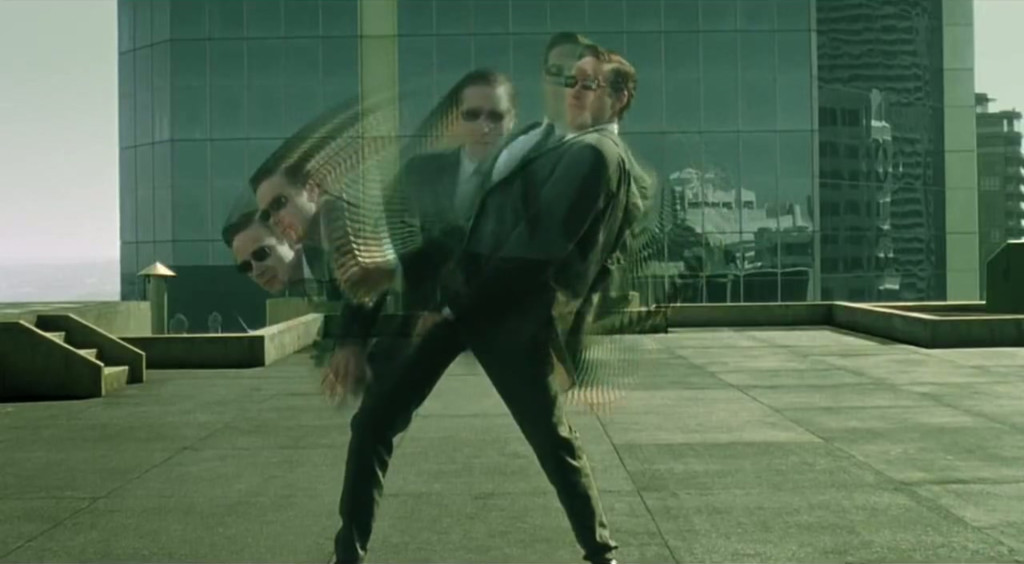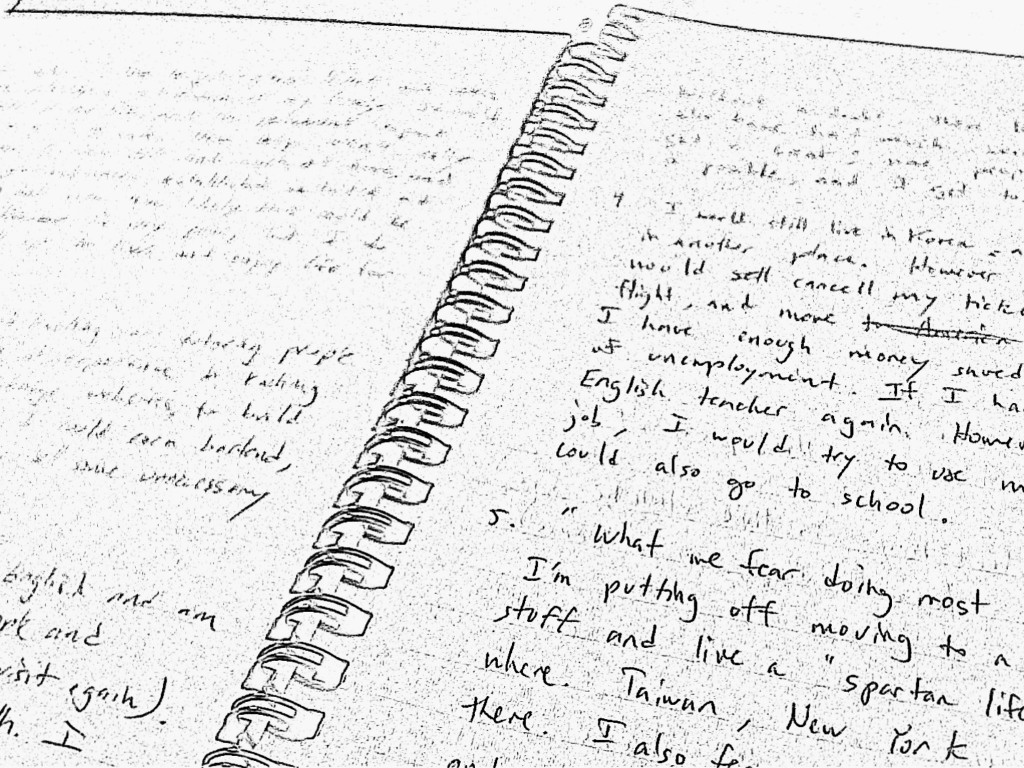
In early-May 2010 at the COEX Mall in Seoul, I wandered through a bookstore and browsed their English section. Some strangle orange-colored book caught my attention and I read a few pages.
I bought it about two weeks later.
Fast forward to March 2015, and no other book changed my life quite like this one (Awareness comes close, though).
That book was The Four-Hour Workweek by Timothy Ferriss.
How To Dodge Bullets
Early in the book, there’s a section called, “Dodging Bullets: Fear-Setting and Escaping Paralysis,” which explains how we avoid action because of fear – thus, we choose not to quit our job, take a vacation, try a new career, move to a new country, etc.
We cling to our current jobs and lifestyles, entertaining “the thought that [our] course will improve with time or increases in income. This seems valid and is a tempting hallucination when a job is boring or uninspiring instead of pure hell.”
The section finishes with a Q&A (which stands for “Questions and Actions“) with seven questions and strict directions for answers: “Write and do not edit – aim for volume.”
At that time, I debated what to do after teaching English in Korea. I was considering – and hesitating on – relocating to Taipei to work in finance, so I decided to try Tim’s exercise.
Below, I put excerpts of each question in bold (the entire questions are quite long so if you want the full thing, buy the book), followed by exactly what I wrote on June 8, 2010, under the title: Moving to Taiwan. I invite you to answer these questions as well if you’re mulling over a big choice and need encouragement.
It might change your life.
1. Define your nightmare, the absolute worst that could happen if you did what you are considering.
“Can’t find a job. I search for serveral months and I can’t find any work doing business or even teaching English. I run out of money; I can’t eat or pay the bills. I have to get a plane ticket and return home to the cricisim and disdain of my family. It would not be the end of my life, and the permanent impact is only a 3 on a 1-10 scale. These things aren’t really permanent because I can still find work at home, and I have a much larger and more-established network at home, as well. I’m not sure how likely this could be since the world economy is very poor, but I do have enough money saved up to live and enjoy life for a little while.”
2. What steps could you take to repair the damage or get things back on the upswing, even if temporarily?
“I can always try to find a job teaching or tutoring people in English. I have a year’s worth of experience in teaching, and I can always use language exchange websites to build a network and make some initial friends. I could even bartend, possibly. I could always take a loan or sell some unnecessary things.”
3. What are the outcomes or benefits, both temporary and permanent, of more probable scenarios?
“I find a job doing sales or business using my English and am able to pay the bills. I meet some people and develop good and lasting friendships (people I can visit again). Remember, […] and I became good friends within a month. I develop my Mandarin-skills, which will defintely improve my self-esteem and ability to conduct business worldwide. In fact, being completely fluent in Chinese can help me get a job in America! The positive impact would be anywhere from a 7 to a 9. It’s very likely I can produce at least a 5 – I have the intelligence and the social skills to do it. Without a doubt, there have been some idiots before me who have had much success traveling abroad. Some people get a break; some people just make it happen. Anything is possible, and I get to keep an exciting life going on.”
4. If you were fired from your job today, what would you do to get things under financial control?
“I would still live in Korea and try to find a job teaching English in another place. However, if they took away my visa, I would cancel my tickets to Australia [Note: I planned to travel to Australia in August 2010], find another cheap flight, and move back home or to Taiwan. Fortunately, I have enough money saved up to withstand a few months of unemployment. If I had to, I could always become an English teacher again. However, if I was fired from a business job, I would try to use my network to find another job. I could also go to school.”
5. What are you putting off out of fear?
“‘What we fear doing most is usually what we most need to do.’ I’m putting off moving to a new area. Just do it. Sell your stuff and live a “spartan lifestyle.” Anywhere, it doesn’t matter where – Taiwan, New York, San Francisco [Note: these are some places I considered relocating to at the time]… you fear moving there. I also fear connecting to some big people in the market and getting a good job.”
6. What is it costing you – financially, emotionally, and physically – to postpone action?
“Financially, it may not cost me to postpone action because I would earn more money that I would in the U.S. Emotionally, it would be significant. This is something I would really enjoy doing. It would not cost anything physically because I could workout and exercise anywhere I go. In one year, I’ll probably be back in L.A., bored out of my mind doing something I don’t want to do.”
7. What are you waiting for?
I didn’t answer the last question.
By then, it was too obvious.
I sat in a daze: in less than thirty minutes, I demolished almost all of my concerns and moved closer to Taipei. Was this really what I feared??
Measure the cost of inaction, realize the unlikelihood and repairability of most missteps, and develop the most important habit of those who excel and enjoy doing so: action.
– Timothy Ferriss, The Four-Hour Workweek

It was an incredibly liberating exercise — suddenly, something out-of-reach became attainable.
Fast forward almost five years later and it was one of the best decisions in my life.
Ultimately, it’s amazing how much we overestimate our “nightmare situations” — just by defining our fears, we can thwart them and take action. So, which bullets are we actually dodging: is it our crappy jobs/lifestyles or the fears that paralyze us?
Maybe it’s both.
It’s not because things are difficult that we dare not venture. It’s because we dare not venture that they are difficult.
– Lucius Seneca
[…] an awesome body?” Why not? Now, I must say, I didn’t read his book. (I loved the 4-Hour Work Week, though.) But when you think about it, it’s very possible, and – more importantly […]